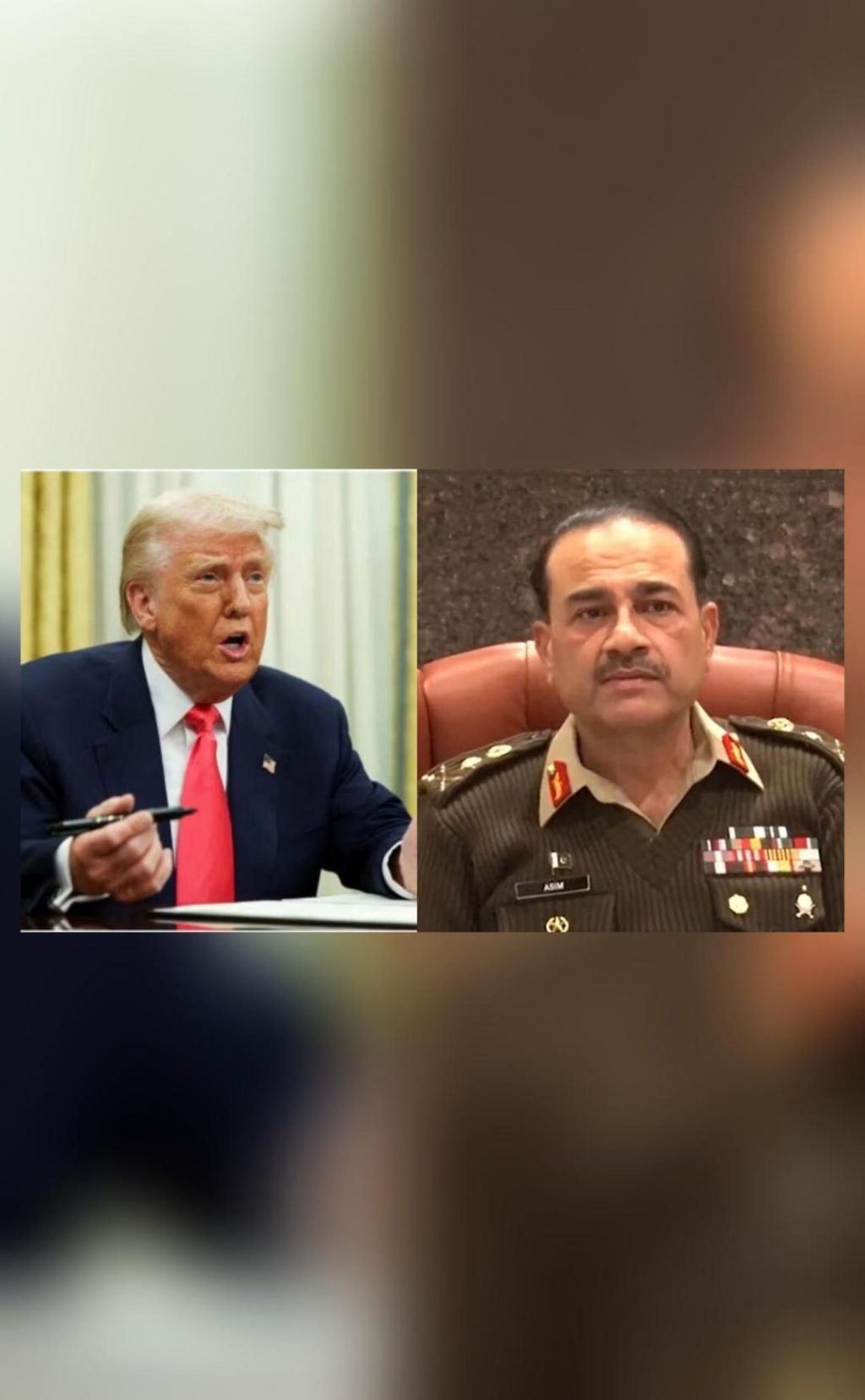
Our Relations with India & Pak Remain Unchanged: US After Pak Army Chief Munir’s Visit
The recent visit of Pakistan army chief Asim Munir to the United States has raised concerns about the potential implications on the country’s relations with neighboring India. In a statement, US State Department Spokesperson Tammy Bruce clarified that the country’s relationship with both India and Pakistan remains unchanged – good. This development has sparked much debate and speculation about the future of US-Pak relations, particularly in light of Munir’s provocative remarks during his visit.
Munir’s Visit and Controversial Remarks
During his US visit, Munir claimed that Pakistan possesses nuclear weapons and would not hesitate to use them if they believed they were going to lose a future war with India. These comments have been met with widespread condemnation from both domestic and international quarters, with many viewing them as a threat to regional stability.
The Pakistani army chief’s remarks were seen as a significant escalation of tensions between the two nuclear-armed neighbors, who have a long history of conflict and have fought multiple wars over the years. The situation has raised concerns about the potential for a nuclear conflict in the region, which could have devastating consequences for millions of people.
US Reiterates Commitment to Both Nations
In response to Munir’s comments, the US State Department Spokesperson Tammy Bruce issued a statement reiterating the country’s commitment to both India and Pakistan. “The US’ relationship with India and Pakistan remains unchanged – good,” she said. “The diplomats are committed to both nations, and we will continue to work with them to promote peace and stability in the region.”
This statement is significant, as it underscores the US’s commitment to maintaining good relations with both India and Pakistan, despite the controversy surrounding Munir’s remarks. The US has long been a major player in South Asian affairs, and its relationships with the region’s countries are critical to maintaining regional stability.
India’s Reaction to Munir’s Remarks
India has been vocal in its criticism of Munir’s remarks, with the Indian government describing them as “irresponsible” and “threatening”. Indian foreign minister S. Jaishankar said that the comments were “unacceptable” and that Pakistan needed to “rein in” its military leaders.
India has long been wary of Pakistan’s military, which it views as a significant threat to its security and territorial integrity. The two countries have a long history of conflict, and India has accused Pakistan of supporting militant groups that launch attacks on Indian soil.
Pakistan’s Response to US Statement
Pakistan has yet to respond officially to the US State Department’s statement, but sources within the Pakistani government have indicated that the country is “disappointed” with the US’s response. Pakistani officials have accused the US of being “hypocritical” and of “turning a blind eye” to India’s “aggressive” behavior in the region.
This response is not surprising, given the complex and often fraught nature of US-Pak relations. The US has historically provided significant military and economic aid to Pakistan, which has been critical in its fight against terrorism. However, the US has also been critical of Pakistan’s human rights record and its failure to tackle terrorism effectively.
Conclusion
The controversy surrounding Munir’s visit and remarks has highlighted the complex and often challenging nature of US-Pak relations. While the US has reiterated its commitment to both India and Pakistan, the situation remains fraught with tension and uncertainty.
In the coming weeks and months, it will be crucial to monitor the situation closely and to work towards de-escalating tensions between the two nuclear-armed neighbors. The US has a critical role to play in this process, and it is essential that it continues to engage with both India and Pakistan to promote peace and stability in the region.



